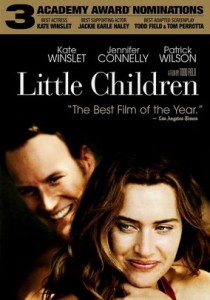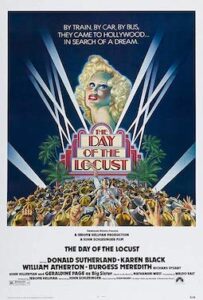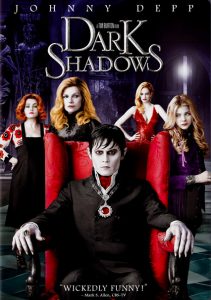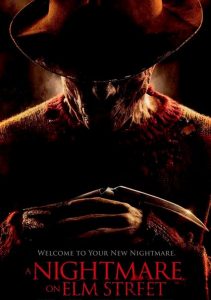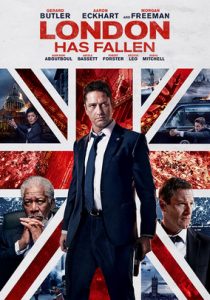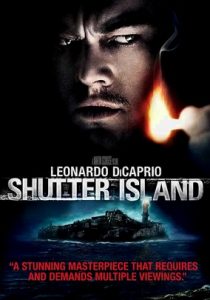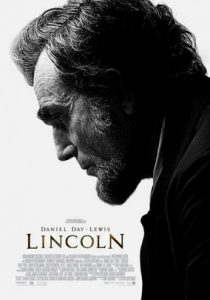Little Children-2006
Director Todd Field
Starring Kate Winslet, Patrick Wilson
Top 250 Films #126
Scott’s Review #334
Reviewed January 9, 2016
Grade: A
Little Children is a subtle, dark drama from 2006 that reminds me a great deal of The Ice Storm and American Beauty- both equally quiet masterpieces. All are similar films about dysfunctional, interpersonal relationships that are damaged.
The great film is one of my more modern all-time favorites.
On the surface, the small suburban Boston town in which the members of the film reside is whimsical, peaceful, and quiet. Spacious colonial and Victorian houses similarly line the sleepy streets.
The small town (unnamed) is affluent and, we learn very early on, is rife with scandal. A child-molester, Ronnie, (Jackie Earle Haley), who is also a resident of the town, living with his mother, has recently been let loose to resume his life, which makes the neighborhood tense and angry.
It is summertime, and the air is thick with heat and secrets.
Other than the child-molester story, the main drama involves Sarah Pierce (Kate Winslet), an intelligent, bored, stay-at-home housewife. She is angry and frustrated.
She cares for her three-year-old daughter Lucy, while her husband is addicted to porn and regularly sniffs panties that he purchases online, even risking his job to immerse himself in his addiction to porn.
They have a sex-less marriage.
Soon, Sarah embarks on a relationship with the resident hunk, Brad (Patrick Wilson), a stay-at-home Dad to four-year-old Aaron. His wife, Katherine (Jennifer Connelly), a “knockout”, produces documentaries and is the breadwinner of the family.
Thrown in the mix is crazed ex-cop, Larry, obsessed with protecting the neighborhood from Ronnie, and a trio of suburban house-wives, who are friendly with Sarah and secretly lust after Brad.
Little Children is a film about relationships, insecurities, and dreams remaining unfulfilled. How these relationships are damaged, filled with angst, or yearning for a resolution far out of reach, are explored and every character is sad in some way.
Each character is unfulfilled and in the middle of all of it is the torrid romance between Sarah and Brad. They while away the summer in romance that we just know will not last. They find some happy moments, but how will this continue?
Tragic is the situation with Ronnie- despite being a child molester he is portrayed as a sympathetic character. The entire town is against him- a sad scene involves the townspeople fleeing the community pool when Ronnie dares to go for a swim.
When he tearfully tells the police that he just wanted to cool down, there is such sadness in his eyes.
Despite being supporting characters in the film, my favorite performances are by Haley and Phyllis Somerville, as Ronnie’s feisty yet haggard mother, May.
Determined to ensure her son has a decent life, she lashes out at anyone who bullies her poor Ronnie. Somerville’s performance is heartbreaking and, in a perfect Hollywood world, she would have received an Oscar nomination.
Happily, Haley did, as injecting any sympathy in a character such as his is a difficult task, but Haley does so in spades.
The film is filled with narrative- in not dissimilar fashion to the classic Barry Lyndon (1975)- as the narrator explains the thoughts and inner turmoil of the characters in regular intervals. This adds layers and clarity to the film.
A masterful scene involves one centered around the dinner table, successfully done. Curious about husband Brad’s daytime life when she is away at work, Katherine invites Sarah and her daughter to join them for a cozy dinner.
As everyone eats and converses, the light bulb suddenly goes on in Katherine’s head and she pieces together events, realizing Brad and Sarah’s true relationship.
All of those days when she knew not where Brad was now came flowing back to her. A similar scene was played out in 2008’s The Kids Are Alright, working successfully in that film too.
The stories eventually intersect and I love this point of the film, especially being that it takes place in a smothering small town.
Character-driven, cynical, tragic, and dark. Little Children (2006) is a humanistic masterpiece that I never tire of watching- one of my favorites.
Oscar Nominations: Best Actress-Kate Winslet, Best Supporting Actor-Jackie Earle Haley, Best Adapted Screenplay
